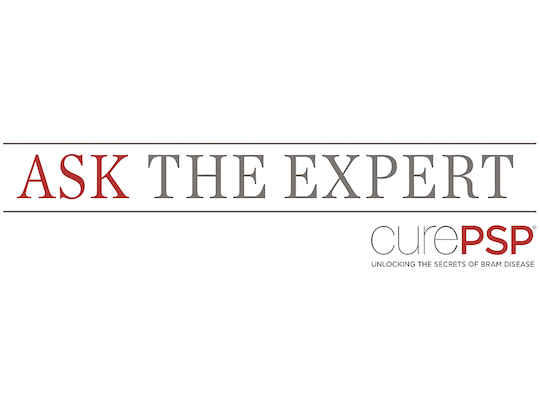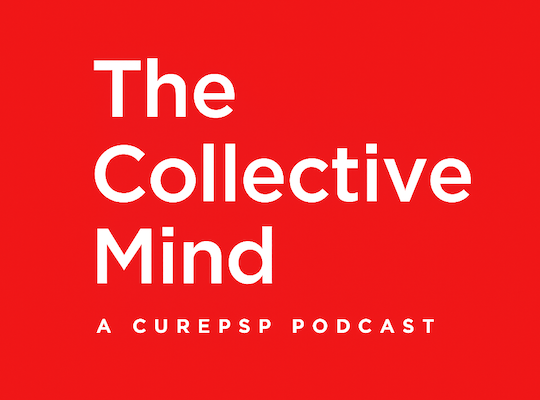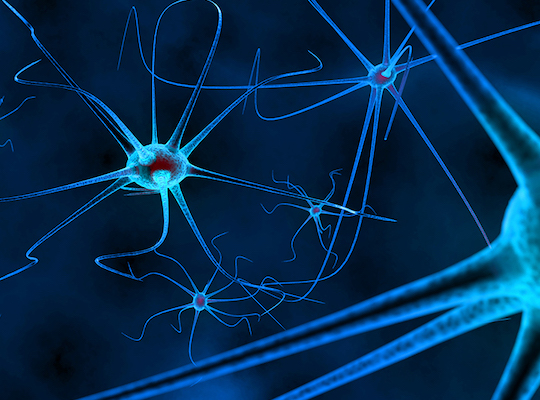Advisory on PSP and the Coronavirus
From Lawrence I. Golbe, MD, Director of Clinical Affairs
Those with PSP are at special risk with regard to the coronavirus and should take precautions sooner rather than later.
COVID-19, the type of coronavirus causing the current pandemic, infects the entire respiratory system – just the nasal passages in mild cases (rhinitis, or a “cold,”), the bronchi in moderate cases (bronchitis) and the lungs in severe cases (viral pneumonia). Regardless, there are lots of secretions that have to be managed, and people with PSP beyond the initial stages have difficulty with that.
PSP impairs the ability to swallow or expectorate secretions, which allows them to drip down the windpipe. This can itself turn a cold into pneumonia. A second and probably more important problem is that once one does have pneumonia, the vigorous coughing-up of the lung’s secretions, which is essential to recovery, is impaired in PSP. This allows the secretions to fill the spaces in the lungs where air should be flowing, reducing the availability of oxygen to the tissues. A more dangerous result is that the inflamed lung tissue is a good place for bacteria in inhaled air to produce a second pneumonia on top of the first, called a “superinfection.”
Caregivers of those with PSP should also exercise more caution than others of their age. That’s because the disease can be transmitted by those who are infected but don’t yet have symptoms. The person perhaps most likely to become “secondarily” infected by a PSP caregiver in such a scenario is the person with PSP.
Bottom line: Those with PSP are more vulnerable than the average person to developing pneumonia caused by the coronavirus and less able to cough up the secretions as needed to allow the pneumonia to resolve itself. So people with PSP and those close to them should be much more careful than others to avoid crowded places, to avoid potentially contaminated surfaces, to wash hands, and to follow the other precautions advised by public health authorities.
This advice applies to any neurological disorders, like CBD and MSA, to the extent that they impair the ability to manage one’s respiratory secretions.





